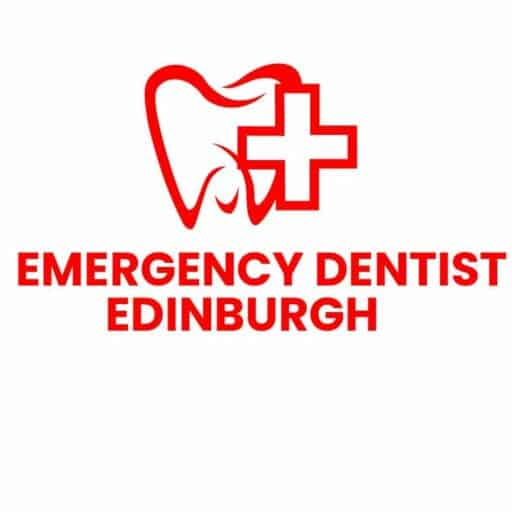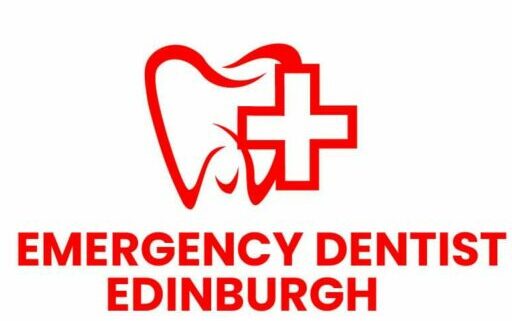Toothache
Immediate, Professional Care Right in the Heart of Edinburgh City Centre
Experiencing a toothache can be one of the most painful and distressing experiences. Whether it’s a sharp, throbbing pain or a dull ache that just won’t go away, tooth pain can disrupt your daily life and make even the simplest tasks unbearable. At Emergency Dentist Edinburgh, we understand the urgency of dental emergencies and are dedicated to providing immediate, compassionate care to alleviate your pain and restore your smile.
Located in the heart of Edinburgh city Centre, we are proud to offer emergency dental services 7 days a week, ensuring you receive the relief you need when you need it most. Our clinic is equipped with cutting-edge technology and staffed by a team of experienced dental professionals committed to your comfort and well-being.
Don’t let tooth pain take over your day. Get fast relief and expert dental care now. Call us immediately at 0131 629 1158 for a same-day appointment, or book online for your convenience.
Emergency Consultation Fee: £95.00 (X-rays and treatment costs are not included.)


What Causes Toothache?
Toothaches can be caused by a variety of reasons, including:
- Tooth Decay: Cavities that have progressed into the deeper layers of the tooth can cause intense pain.
- Infection: A tooth infection, or abscess, can result in throbbing pain and swelling.
- Gum Disease: Gingivitis or periodontitis can cause gum inflammation and toothache.
- Tooth Fracture: A cracked or broken tooth can lead to sharp, shooting pain.
- Teeth Grinding: Chronic grinding can lead to tooth sensitivity and pain.
Our Emergency Services
- Same-Day Appointments: Toothaches can’t wait, and neither should you. Book an appointment today and get immediate relief.
- Pain Management: We offer quick and effective pain relief treatments to alleviate your discomfort.
- Root Canal Treatment: If the cause of your toothache is due to an infection or abscess, we provide root canal treatments to save the tooth and prevent further damage.
- Tooth Extractions: In severe cases, we may need to extract a tooth to prevent infection from spreading.
Don’t wait! If you’re dealing with a toothache, get in touch with us now for prompt and professional emergency care. Call us at [Phone Number], or book an appointment online for immediate treatment. You can also contact us via WhatsApp for quick communication We’re here to help you get back to enjoying life without the pain.
- Same-Day Appointments: Toothaches can’t wait, and neither should you. Book an appointment today and get immediate relief.
- Pain Management: We offer quick and effective pain relief treatments to alleviate your discomfort.
- Root Canal Treatment: If the cause of your toothache is due to an infection or abscess, we provide root canal treatments to save the tooth and prevent further damage.
- Tooth Extractions: In severe cases, we may need to extract a tooth to prevent infection from spreading. Extractions are typically needed when a tooth is severely damaged beyond repair, whether due to trauma, decay, or disease,
How to Get in Touch
Don’t wait! If you’re dealing with a toothache, get in touch with us now for prompt and professional emergency care. Call us at 0131 629 1158, or book an appointment online for immediate treatment. You can also contact us via WhatsApp for quick communication We’re here to help you get back to enjoying life without the pain.
Further Emergency Care
For further tips and advice on dealing with toothache in an emergency situation, please use the following links:



